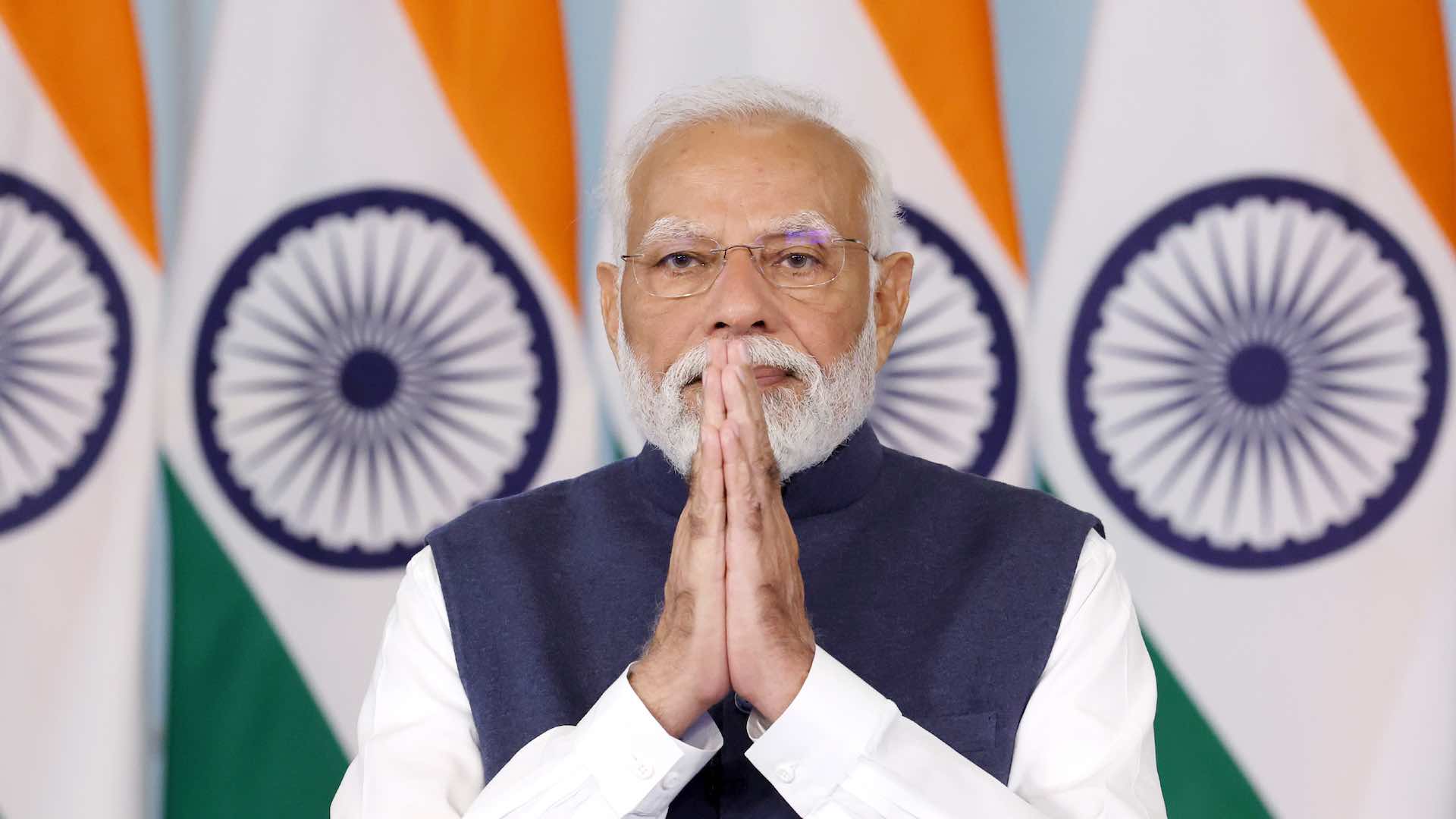In a detailed analysis ahead of the final results of India’s Lok Sabha elections, UBS has projected the implications of four potential outcomes on the stock markets, with particular emphasis on the performance of benchmark indices such as the S&P BSE Sensex and the NSE Nifty50. According to UBS, the most favorable scenario for the markets would be a clear majority win for the Bharatiya Janata Party (BJP). A victory securing 272 seats or more for the BJP is expected to be a strong bullish signal, potentially propelling the stock markets to new highs, reflecting confidence in the continuity of pro-business policies and further economic reforms.

The brokerage firm’s analysis indicates that a BJP majority would likely accelerate policy initiatives such as disinvestment, implementation of the uniform civil code, and modifications to the land acquisition bill. These reforms are viewed as critical in driving economic growth and enhancing India’s appeal to both domestic and international investors. UBS notes that such a decisive win would ensure stability and predictability in governance, which are key components investors consider when allocating capital in emerging markets.
On the other hand, if the opposition coalition, known as the Indian National Developmental Inclusive Alliance (INDIA), manages to secure a majority, the brokerage forecasts a less optimistic scenario for the financial markets. An INDIA-led government could potentially lead to a reversal of some policies implemented by the previous administration, which might introduce higher degrees of uncertainty and risk. UBS specifically warns of a possible de-rating in stock market valuations, which could see a return to pre-NDA government levels, thereby erasing significant market gains accumulated over the years.
Another possible outcome could see the BJP forming a government without an outright majority, potentially in coalition with other members of the National Democratic Alliance (NDA). This scenario might lead to some uncertainty regarding the pace and implementation of economic reforms. UBS suggests that while the market impact in this situation could be mixed, the overall direction would largely depend on the BJP’s ability to negotiate and maintain a stable coalition. This could result in slower-than-expected policy advancements and fiscal consolidation, affecting investor sentiment and market performance.
A hung parliament represents the most precarious outcome for the stock markets, according to UBS. In such a scenario, where no single party or pre-formed coalition has a clear majority, legislative gridlock is likely, which could stall important economic reforms and lead to policy paralysis. The brokerage warns that this could have a significant dampening effect on market confidence, potentially triggering sharp declines in stock indices as investors adjust to increased risks and uncertainties.
Despite these varied outcomes, UBS maintains that any significant market corrections linked to election results present buying opportunities for investors. This viewpoint is based on historical observations where market dips following elections tend to reverse as the new government’s policies become clearer and businesses adjust to the political landscape. Hence, UBS advises clients to keep a close watch on the election results and prepare to leverage potential market adjustments.
Overall, the impending election results are a critical juncture for India’s financial markets. Investors and market watchers are advised to prepare for different scenarios, each carrying its own set of challenges and opportunities. As the country awaits the election outcomes, the only certainty is that the impact on the markets will be closely tied to the political stability and policy direction of the government that comes to power.
